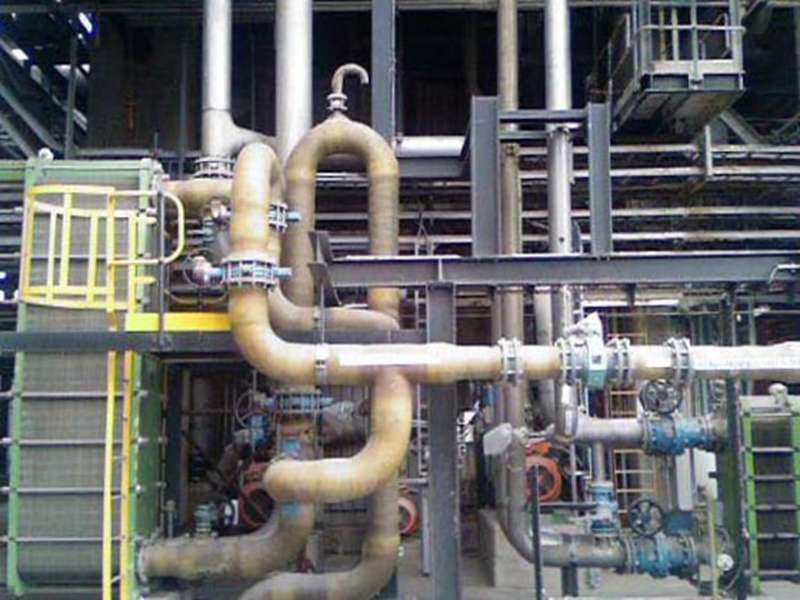
-
 Afrikaans
Afrikaans -
 Albanian
Albanian -
 Amharic
Amharic -
 Arabic
Arabic -
 Armenian
Armenian -
 Azerbaijani
Azerbaijani -
 Basque
Basque -
 Belarusian
Belarusian -
 Bengali
Bengali -
 Bosnian
Bosnian -
 Bulgarian
Bulgarian -
 Catalan
Catalan -
 Cebuano
Cebuano -
 China
China -
 China (Taiwan)
China (Taiwan) -
 Corsican
Corsican -
 Croatian
Croatian -
 Czech
Czech -
 Danish
Danish -
 Dutch
Dutch -
 English
English -
 Esperanto
Esperanto -
 Estonian
Estonian -
 Finnish
Finnish -
 French
French -
 Frisian
Frisian -
 Galician
Galician -
 Georgian
Georgian -
 German
German -
 Greek
Greek -
 Gujarati
Gujarati -
 Haitian Creole
Haitian Creole -
 hausa
hausa -
 hawaiian
hawaiian -
 Hebrew
Hebrew -
 Hindi
Hindi -
 Miao
Miao -
 Hungarian
Hungarian -
 Icelandic
Icelandic -
 igbo
igbo -
 Indonesian
Indonesian -
 irish
irish -
 Italian
Italian -
 Japanese
Japanese -
 Javanese
Javanese -
 Kannada
Kannada -
 kazakh
kazakh -
 Khmer
Khmer -
 Rwandese
Rwandese -
 Korean
Korean -
 Kurdish
Kurdish -
 Kyrgyz
Kyrgyz -
 Lao
Lao -
 Latin
Latin -
 Latvian
Latvian -
 Lithuanian
Lithuanian -
 Luxembourgish
Luxembourgish -
 Macedonian
Macedonian -
 Malgashi
Malgashi -
 Malay
Malay -
 Malayalam
Malayalam -
 Maltese
Maltese -
 Maori
Maori -
 Marathi
Marathi -
 Mongolian
Mongolian -
 Myanmar
Myanmar -
 Nepali
Nepali -
 Norwegian
Norwegian -
 Norwegian
Norwegian -
 Occitan
Occitan -
 Pashto
Pashto -
 Persian
Persian -
 Polish
Polish -
 Portuguese
Portuguese -
 Punjabi
Punjabi -
 Romanian
Romanian -
 Russian
Russian -
 Samoan
Samoan -
 Scottish Gaelic
Scottish Gaelic -
 Serbian
Serbian -
 Sesotho
Sesotho -
 Shona
Shona -
 Sindhi
Sindhi -
 Sinhala
Sinhala -
 Slovak
Slovak -
 Slovenian
Slovenian -
 Somali
Somali -
 Spanish
Spanish -
 Sundanese
Sundanese -
 Swahili
Swahili -
 Swedish
Swedish -
 Tagalog
Tagalog -
 Tajik
Tajik -
 Tamil
Tamil -
 Tatar
Tatar -
 Telugu
Telugu -
 Thai
Thai -
 Turkish
Turkish -
 Turkmen
Turkmen -
 Ukrainian
Ukrainian -
 Urdu
Urdu -
 Uighur
Uighur -
 Uzbek
Uzbek -
 Vietnamese
Vietnamese -
 Welsh
Welsh -
 Bantu
Bantu -
 Yiddish
Yiddish -
 Yoruba
Yoruba -
 Zulu
Zulu
Exploring the Impact of Frp Settlers in Modern Urban Development
Understanding the FRP Settler A Comprehensive Overview
The concept of an FRP (Fiber Reinforced Plastic) settler has gained significant attention in various industrial applications, particularly in the fields of wastewater treatment, chemical processing, and environmental engineering. This article explores the importance, functionality, and advantages of FRP settlers, highlighting their role in improving processes and sustainability.
What is an FRP Settler?
An FRP settler is a treatment unit designed to separate solid particles from liquids based on their density differences. The settler utilizes the properties of Fiber Reinforced Plastic, a composite material made from a polymer matrix reinforced with fibers, typically glass or carbon. The unique characteristics of FRP make it a suitable choice for constructing settlers, offering durability, corrosion resistance, and lightweight solutions compared to traditional materials like metal or concrete.
The Functioning of FRP Settlers
The operational principle behind FRP settlers involves gravity-driven sedimentation. When wastewater or slurry enters the settler, the flow is directed into a designated zone where solids settle at the bottom due to gravitational forces. The design often incorporates a sloped floor to facilitate the collection of settled solids, which can then be removed for further processing or disposal.
In most FRP settler designs, the upper section allows clarified liquid to exit, often with the help of a weir system to maintain a consistent water level. This stratification ensures that solid contaminants are effectively separated from the treated liquid, which can be discharged or further processed as needed. Additionally, FRP settlers can be customized with various internal arrangements, such as baffles or inclined plates, to enhance the settling efficiency.
Advantages of FRP Settlers
1. Corrosion Resistance One of the most significant benefits of using FRP in settler construction is its exceptional resistance to chemical corrosion. This feature makes FRP settlers ideal for industries handling harsh chemicals, aggressive wastewater, or saline environments, ensuring longevity and reduced maintenance costs.
2. Lightweight Design Compared to traditional materials, FRP settlers are much lighter, which simplifies installation and reduces structural support requirements. This attribute is especially advantageous in projects where space is limited or where weight restrictions apply.
frp settler

3. Customizability FRP settlers can be designed and manufactured to meet specific process requirements. Whether it’s adjusting the size, shape, or internal configuration, the flexibility of FRP allows for tailored solutions that cater to unique industrial needs.
4. Thermal Insulation The properties of FRP also provide excellent thermal insulation, reducing the risks associated with temperature fluctuations that might affect process efficiency.
5. Cost-Effectiveness Although the initial investment might be higher than traditional materials, the long-term benefits of reduced maintenance, operational efficiency, and longevity offer significant cost savings over time. Additionally, the lightweight nature of FRP can lead to lower transportation and installation costs.
Applications of FRP Settlers
Given their myriad advantages, FRP settlers find applications in diverse sectors
- Wastewater Treatment Plants They are used to clarify effluent before discharge or further treatment, significantly impacting water quality and compliance with environmental regulations. - Chemical Processing In industries involving hazardous chemicals, FRP settlers provide a safe and efficient solution for separating solids from liquids. - Mining Operations Settlers are vital in processing ores and managing tailings, facilitating the recovery of valuable minerals while minimizing environmental impact.
- Food and Beverage In this sector, FRP settlers are employed to clarify liquids and remove particulates, ensuring product quality and safety.
Conclusion
The FRP settler stands as a compelling example of how material innovation can enhance industrial processes. By providing effective separation capabilities while offering durability and versatility, FRP settlers contribute significantly to operational efficiency and environmental sustainability. As industries continue to seek solutions that align with stricter regulatory demands and sustainability goals, the adoption of FRP settlers is likely to grow, paving the way for cleaner and more efficient production practices.









